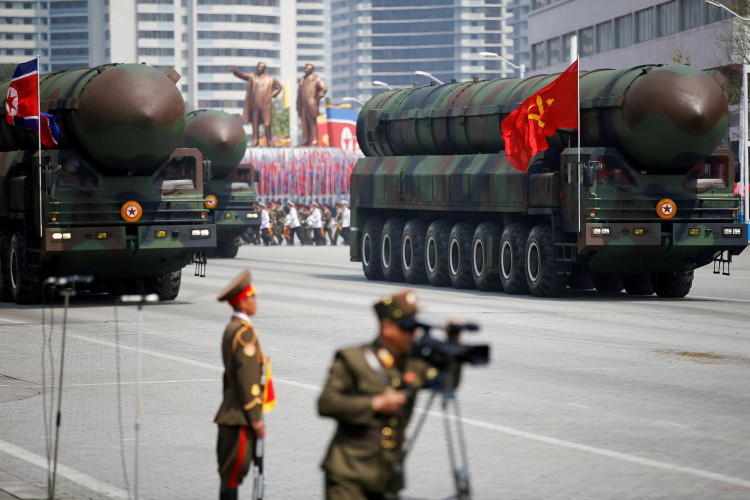NATO and the European Union are intensifying diplomatic efforts to pressure China into leveraging its influence over North Korea to cease military support for Russia in its ongoing war against Ukraine. Intelligence assessments from the United States, South Korea, and Ukraine have reported that as many as 12,000 North Korean troops have been deployed to Russia's Kursk border region to bolster Russian forces. In return, NATO asserts that Russia is providing advanced missile technology to Pyongyang.
As the conflict grinds on, the United States is encouraging its allies to apply political leverage on Beijing, given China's longstanding alliance with North Korea, a relationship often described as "as close as lips and teeth" since their diplomatic ties were established in 1949. One key approach involves heightening Western military engagement in the Asia-Pacific region, a move underscored by the European Union's recent security agreements with Japan and South Korea.
In an opinion article for Politico, NATO Secretary-General Jens Stoltenberg called on Beijing to take action. "China bears particular responsibility here, to use its influence in Pyongyang and Moscow to ensure they cease these actions. Beijing cannot pretend to promote peace while turning a blind eye to increasing aggression," he wrote. Stoltenberg, speaking during a visit to Latvia, also highlighted the threat posed by the transfer of missile technology between North Korea and Russia. "This poses a direct threat, not only to Europe but also to Japan, South Korea, and the U.S. mainland," he stated.
Stoltenberg's remarks followed a meeting with U.S. Secretary of State Antony Blinken, where the NATO chief stressed the importance of viewing the Euro-Atlantic and Indo-Pacific regions as a unified theater of security concerns. "Our security now, more and more, is global, and we have to look at this as a global issue," he said.
Despite deepening ties between Pyongyang and Moscow, China appears reluctant to form a formalized anti-Western alliance with these countries. Analysts believe Beijing prefers stability in its security environment, which allows it to tackle economic challenges and preserve its diplomatic relationships with Europe and neighboring Asian countries.
EU foreign policy chief Josep Borrell echoed these concerns in a blog post following his recent visits to Japan and South Korea, where discussions centered on North Korea's role in Russia's war efforts. "This marks an escalation of the utmost seriousness," Borrell wrote, highlighting the significance of his talks with Japanese and South Korean leaders. The EU's new security partnerships with these countries, its first such arrangements outside Europe, signal a broader geopolitical shift.
The Biden administration remains committed to supporting Ukraine in its defense against Russian aggression. Blinken reaffirmed that Washington would provide extensive assistance to Kyiv in 2024 to help repel Russian advances and strengthen its negotiating position in any potential peace talks. "We are committed to sending as much assistance as possible to help hold Russian forces at bay and to strengthen Ukraine's hand in any potential peace negotiations," Blinken said.






